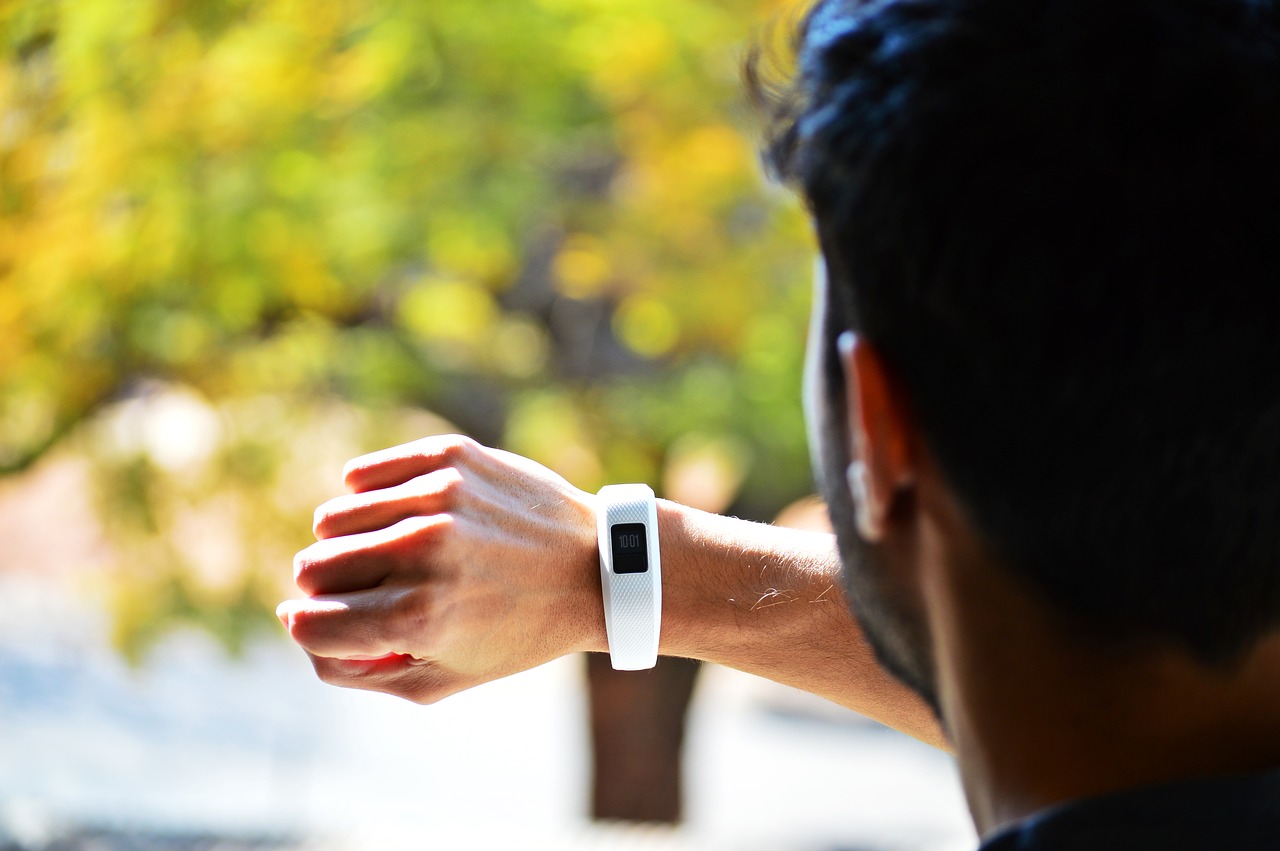
A new study has discovered that the use of Fitbit products can help health officials make real-time predictions of flu outbreaks.
The study, conducted by researchers at the Scripps Research Translational Institute, found that wearing Fitbit products can help health officials predict and stop flu outbreaks.
The researchers initiated a review of de-identified data from users wearing Fitbits and discovered that they were able to do real-time flu prediction at the state level. Fitbit's privacy policy allows for the potential use of de-identified user data for research
The study authors claim that this was the first time heart rate trackers and sleep data have been used to predict the flu or any infectious disease in real time.
The study, funded by the National Institutes of Health (NIH), involved analyzing data from 200,000 users in New York, California, Texas, Illinois and Pennsylvania from March 2016 to March 2018. Among the users were 47,248 who consistently wore a Fitbit device during the study period.
Using the knowledge that when a person has the flu, their heart rate tends to rise and their sleep patterns change, the researchers calculated users' average resting heart rate and sleep duration. They then searched for deviations to identify when any measurements fell outside of a user's normal range.
Study author Jennifer Radin, an epidemiologist at Scripps Research Translational Institute, said: "Responding more quickly to influenza outbreaks can prevent further spread and infection, and we were curious to see if sensor data could improve real time surveillance at the state level."
"We demonstrate the potential for metrics from wearable devices to enhance flu surveillance and consequently improve public health responses. In the future as these devices improve, and with access to 24/7 real-time data, it may be possible to identify rates of influenza on a daily instead of weekly basis," Radin added.
In a statement, Fitbit said: "Clinical researchers are using wearables to pioneer new ways around how we understand, prevent and treat disease and identify better approaches to keep people healthy and deliver more meaningful health outcomes."






